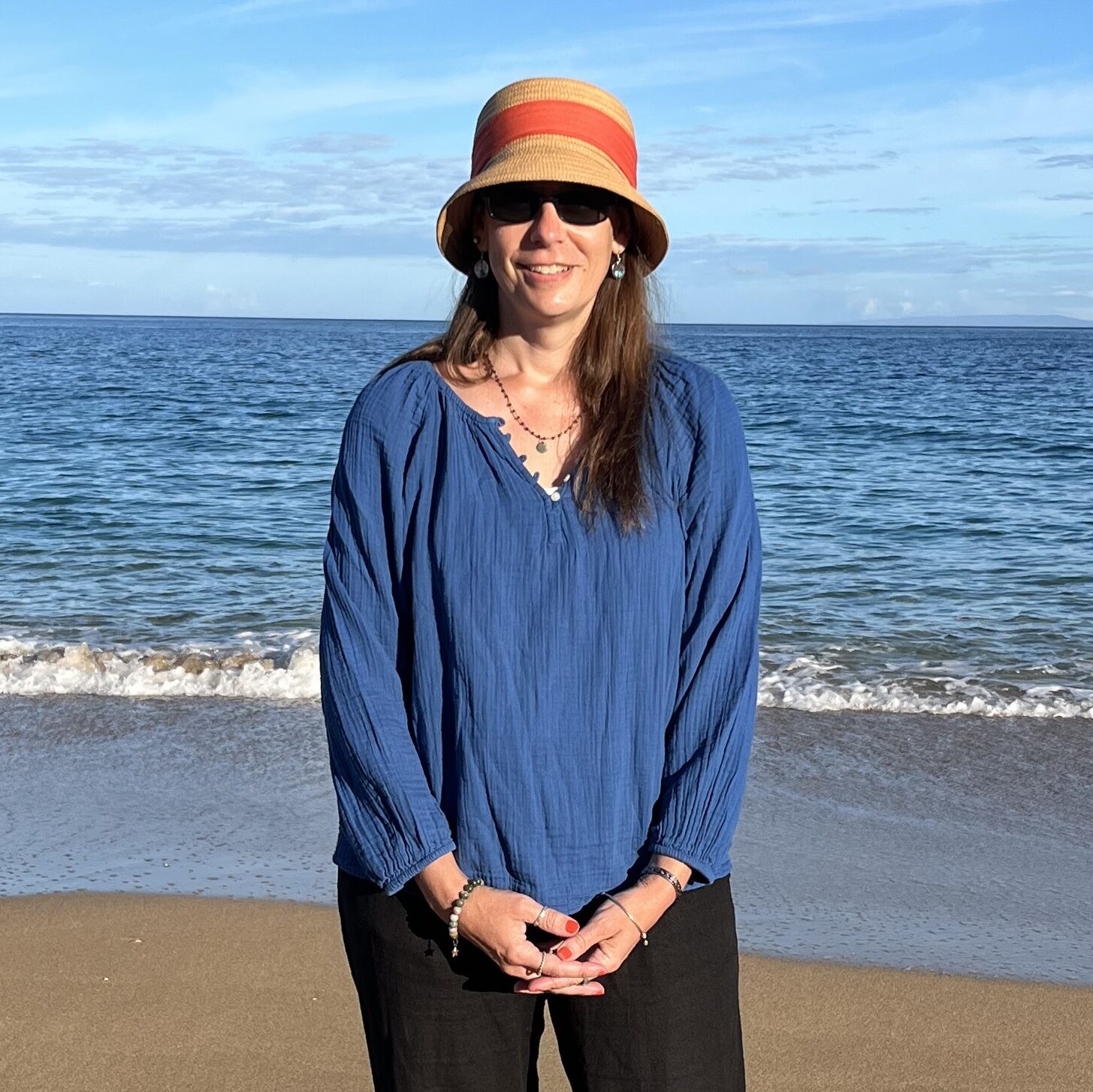- I don’t need to apologize. I have always apologized for things that either don’t necessitate an apology or are, in fact, completely out of my control. Apologies like, Sorry it took us longer to get home, when instead of taking twenty minutes to get home, my son and I spent double the time in the car because of a lane closure. Or, Sorry, can I have a straw please? directed to the Starbucks barista as she calls my name and slides my Mocha Frappuccino closer to me. Now, I find myself apologizing for walking slowly and telling my husband I need to sit and rest a minute while we’re out on a walk. But unless I’ve accidentally stepped on someone’s toes, when it comes to my body, I have nothing to apologize for.
- Appreciate my awesomeness. There are the monumental things I have accomplished, including being the first in my family to graduate from college — while working and commuting on six public buses a day, and without incurring any debt. But it’s the daily things, the “small” things, that count, too, and perhaps even more so. Saving more than $20 on each trip to the grocery store because of the time I spent clicking on digital coupons. Finally guessing the day’s Wordle word, even after my son and husband have given up. Remembering to walk by my out-of-town neighbor’s house and closing her screen door because the mail carrier always leaves it ajar. And each day, regardless of how much pain I feel in my left leg, I get out of bed and get dressed. That alone is cause for celebrating my awesomeness.
- Stay in the moment. I haven’t fully figured out this mindfulness thing. When I’m by the ocean, I can do it. I can stand and breathe deeply and use my senses to take in all that I see, and hear, and smell, and feel. But on a regular basis, my mind jumps ahead to the chores I need to do around the house, to the dinner menu I’m planning for tomorrow, to the bill that’s due next week. Sometimes, I simply don’t want to focus on the moment — the cramp in my calf, the throbbing pain that started in my thigh and traveled down my leg. I want to be anywhere but in this moment and in this pain. But when the moments are good, or good enough, I need to learn to stay there and enjoy it, instead of worrying about what comes next or when it might end.
- It’s okay to refer to myself as disabled. Growing up, anytime someone asked me about my religion, I gave my standard answer — I’m Jewish, but not religious. How else to explain my family — a Jewish mother and Baptist father — and my family’s joint traditions, including eating ham and potato latkes for Christmas Eve dinner, hanging Christmas stockings, and lighting the menorah, without saying any prayers, for Chanukah. That’s how I feel about my disability. Technically, medically speaking, I am disabled. But it’s an invisible disability, I often explain. Or, I am disabled, but I don’t use a mobility aid. I don’t have to add a disclaimer. Living with a disability means my movements and activities are limited in some way. Period.
- The benefit of rest. Though I was diagnosed more than ten years ago, I still have not internalized the need for rest. I have not prioritized rest the same way I prioritize taking care of my outdoor plants or making sure my son’s favorite pink lemonade is always in the house. Logically, I know rest is just as important as taking my medications, yet I don’t treat it as such. I know my body needs a chance to recharge; however, more often than not, I push through, doing one more thing on my to-do list, something that is not at all related to rest. I’ve never been a napper, a take-it-easy and watch-multiple-movies-in-a-day type of person. In fact the day my son was born, I had planned to go grocery shopping while my husband was at work. I’m trying to learn that along with schedule Paul’s dental appointment and shred old papers I need to add read for fifteen minutes to my daily to-do list. Rest needs to become a part of my regular treatment plan, along with taking my medication and doing my daily stretches.

A place for stories about chronic illness, disability, mental health, and neurodivergence.
